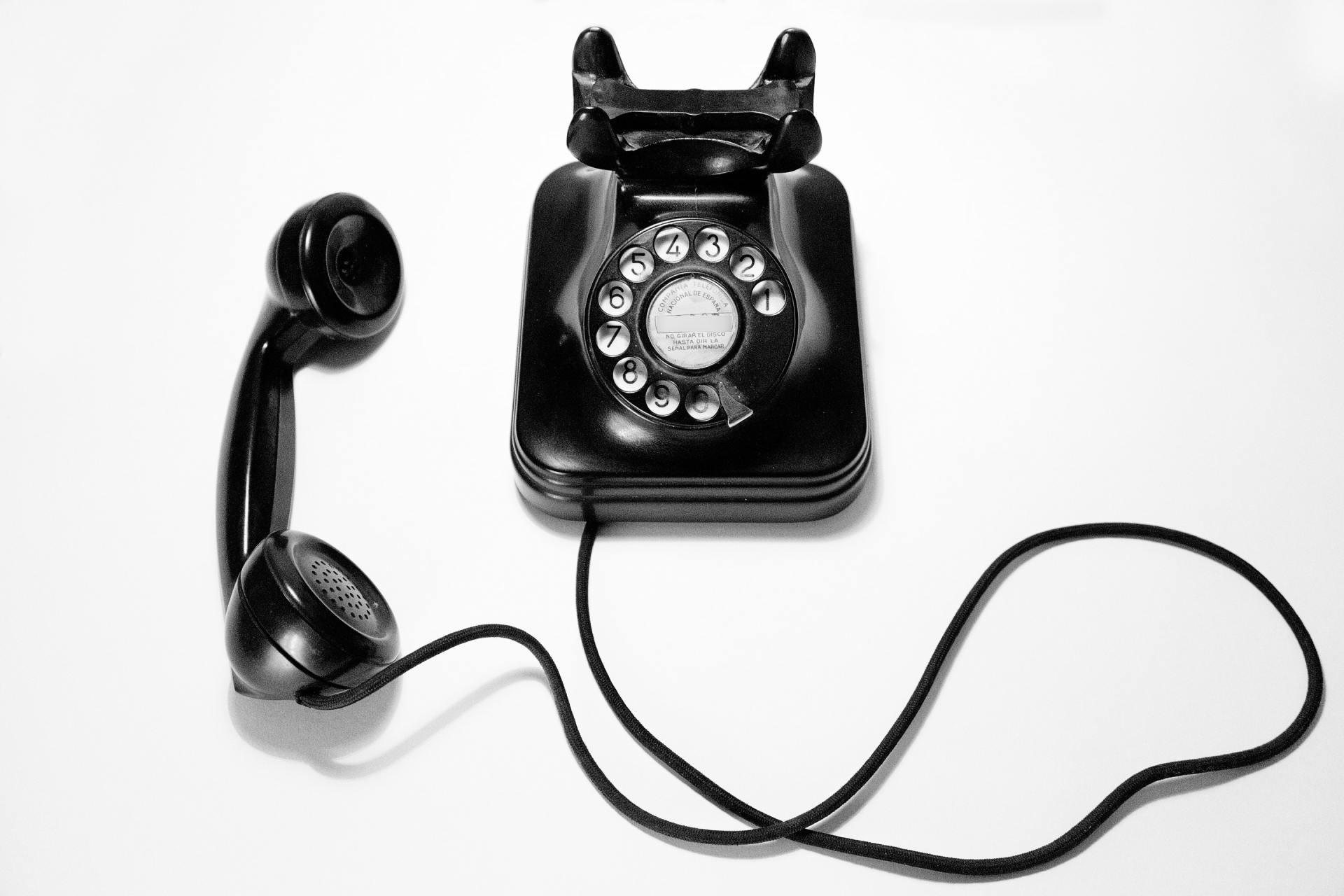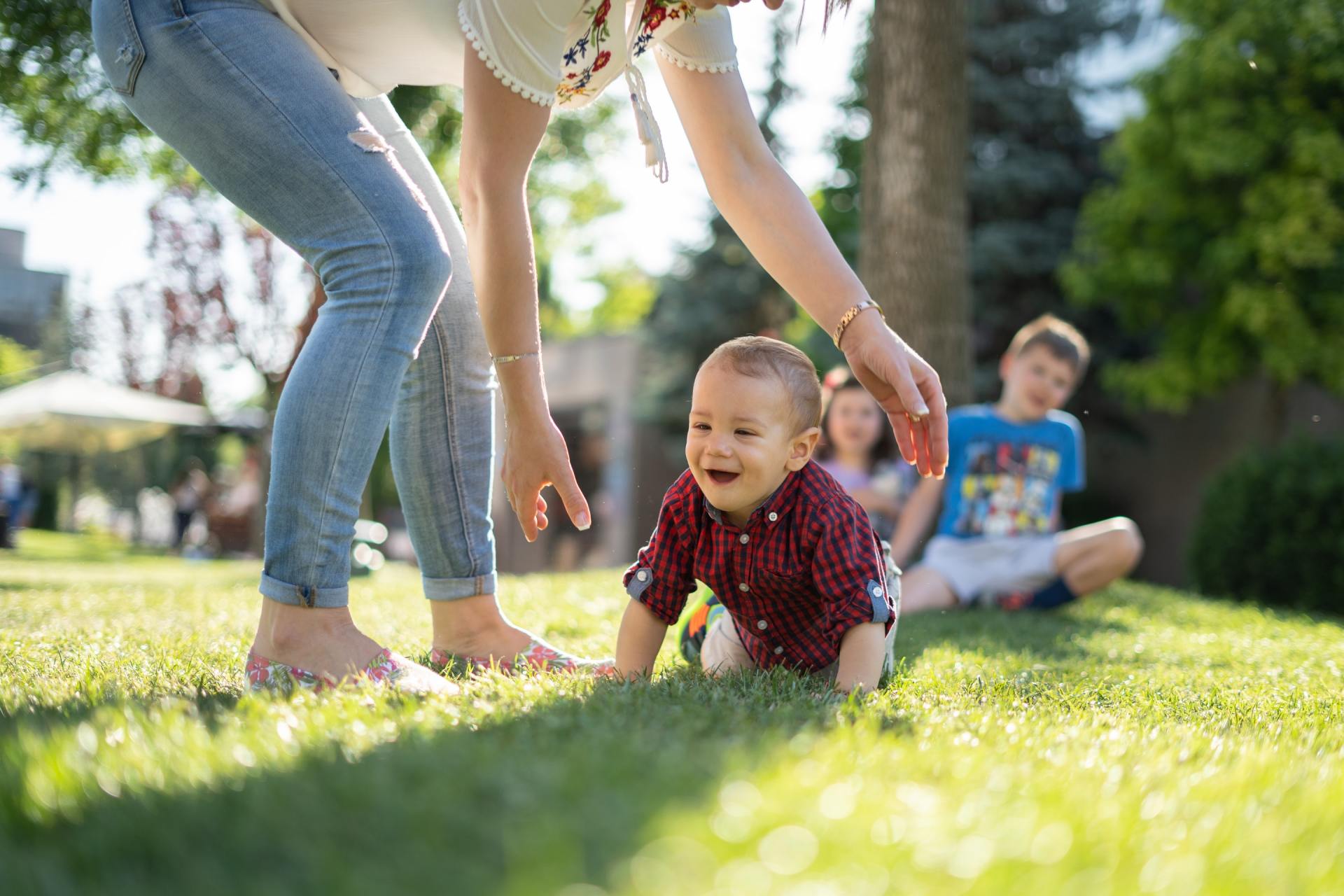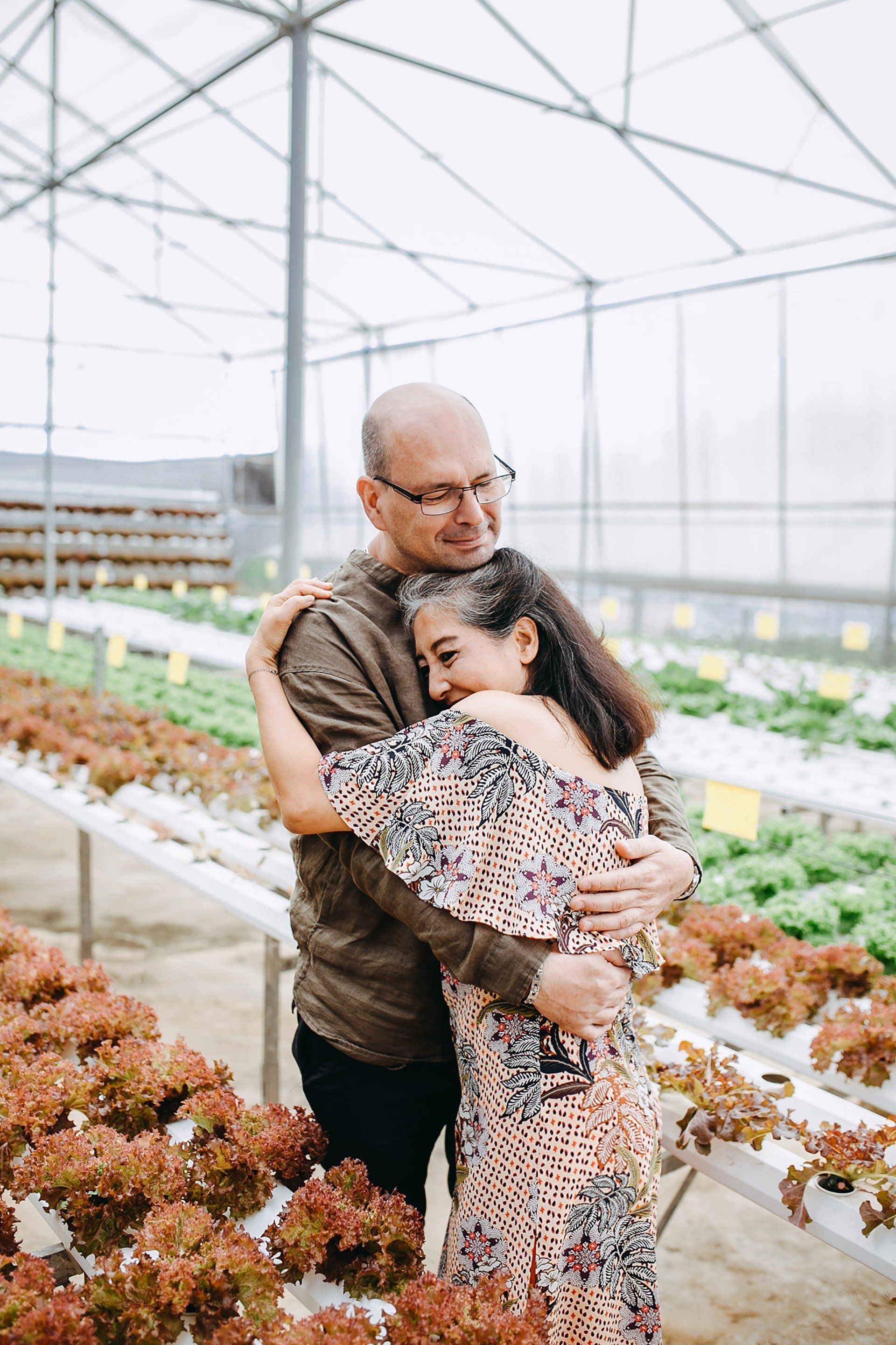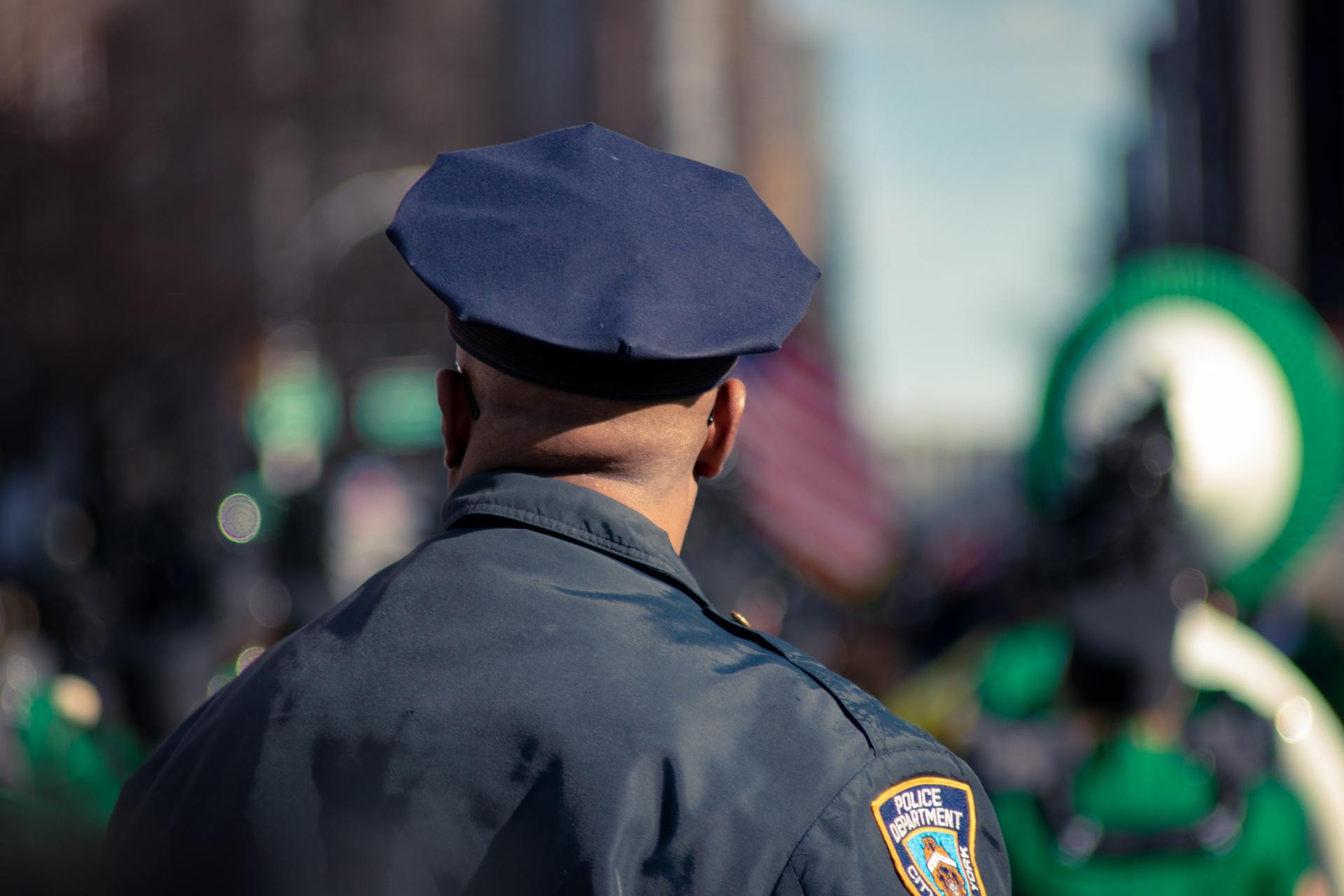Alternatively, we can develop our capacity to momentarily pause and respond in a way that influences the situation. For example, parents who react to their child’s behaviour with criticism and constant scolding, lose influence with their child, and the behaviour escalates. But if they were to pause and consider what is driving the reaction in themselves, they will begin to discover that they have freedom of choice to respond to their child in a better way.
We are all born with the benefit of self-awareness, conscience, imagination, independent will and humour to support us in choosing our response. Our self-awareness allows us to take a perspective where we observe our own actions and thoughts then step in to make changes. Our conscience or inner voice, prompts us to evaluate our actions. Our imagination gives us the ability to envision a response that is entirely different from our reactions. Independent will is the power to take action. It supports us in resisting the urge to act impulsively and helps us strive for perspective and control. Humour allows us to laugh at our shortcomings and gets us back on track much faster than guilt trips. My children learnt the value of humour when they were very young. They realised if they responded by making silly faces, their father’s reprimand would quickly turn into inevitable laughter!
The essence of proactivity lies in taking responsibility. Think about responsible as ‘response-able’, able to choose your response. We do this by focusing on the things we can actually do something about. Covey describes the circle of concern and the circle of influence. The reactive tendency is to purely focus on our circle of concern, those things we are upset about. This is generally viewed through a victim perspective where blame is externalised. Doing this causes our circle of influence to shrink. In contrast, when our focus is on our circle of influence and the changes we can make within us, our influence grows. We set in motion a transition in our family. We stop the transmission of inherited, unhealthy ways of relating, burning out intergenerational dross. The example we model contributes to the seedbed of family culture. Your commitment to be proactive rather than reactive will cultivate a greater sense of closeness and understanding within your family.
Linda Gray
0401 517 243
linda@relationshipsanctuary.com.au
MORE SCENIC NEWS
-
A NEW CHAPTER FOR WOLVES BASKETBALL
Mar 28, 2024ButtonAs the sun sets on an incredible experience, it's time for me, Adam Chanter, to say farewell as the Pre...
-
GRAND OPTIONS CATER TO MOST NEEDS AND TASTES
Mar 28, 2024ButtonFor weddings, services can be held in The Old Church, which stands as a proud member of architecturally sig...
-
ANNE HOITINK – APRIL 2, 1945 – MARCH 15, 2024
Mar 28, 2024ButtonMigrated to Australia on 29 November 1952, aged 7 years. Going directly to the suburb of Reid in Canber...
-
GREAT SUCCESS FOR LITTLE ATHLETES
Mar 28, 2024ButtonRuby, Lily, Talia, Torah, Hugo, Leiawyn, Aric, Dean, Mitchell, Harvey and Noa; you all should be so proud ...
-
COMMUNITY CAMERA ALLIANCE – YOUR CHANCE TO HELP
Mar 28, 2024ButtonIt's essential for community members to remain vigilant and take steps to safeguard their properties and vehicle...
-
KERRI: AN HONOUR TO FILL THE ROLE FOR DIVISION 2
Mar 28, 2024ButtonDuring the pre-poll part of the campaign, I was very grateful for the opportunity to be able to meet an...
-
GALLERY’S $30,000 MAJOR ART AWARD RETURNS
Mar 28, 2024ButtonThe award, named after the sacred mountain which the Gallery overlooks, is open to artists living across the...
-
DO HOP IN FOR A NEW MONTE LUPO EXHIBITION
Mar 28, 2024ButtonMonte Lupo was established by Multicap in 1991 to provide meaningful employment to people living with di...
-
BREACH OF CODE: RULING ON MAYOR CHRISTENSEN RAISES MORE VOTER CONCERNS ON ELECTION EVE
Mar 14, 2024ButtonAdditionally, Christensen is to bear his legal costs, with a warning that any future infractions will be classifie...
-
THE LONG ROAD SPORTS CENTRE AND REGIONAL SPORT - WHERE DO YOU STAND
Mar 14, 2024ButtonThe SRRC Sports strategy 2010-2020 is to be shortly superseded by the 2024 – 2034 SRRC Sports Strategy....
LOCAL BUSINESS
COLUMNS
-
Beauty & Wellness
ButtonWriter: Rebecca Mander - Naturally Cos
-
Community Care
ButtonWriter: Geoff Marshall
-
Embrace
ButtonWriter: Jaap Vogel
-
Food for Thought
ButtonWriter: Dylan Gittoes
-
Hooked on Books
ButtonWriter: Friends of TM Library
-
Living with Dogs
ButtonWriter: Pam Brandis (Dip. Canine Prac.)
-
Nature Notes
ButtonWriter: Nadia O’Carroll
-
Pastor Kim
ButtonWriter: Pastor Kim Dale
-
Physio Talk
ButtonWriter: Neil Bell (Tamborine Mountain Physique)
-
Police News
ButtonWriter: Sgt Mark Shields
Officer in Charge
North Tamborine Police
-
Politics
ButtonWriter: Local Councillors and Representatives
-
Relationships
ButtonWriter: Linda Gray
-
The Mtn Midwife
ButtonWriter: Bree Lowing (Registered Midwife)
-
Travelling Places
ButtonWriter: Travelling Places Tamborine Mtn
-
Wine chat
ButtonWriter: Imogen Mulcahy
-
Yoga Under the Bodhi Tree
ButtonWriter: Margot Wagner
Your Local Paper
to read, keep & share
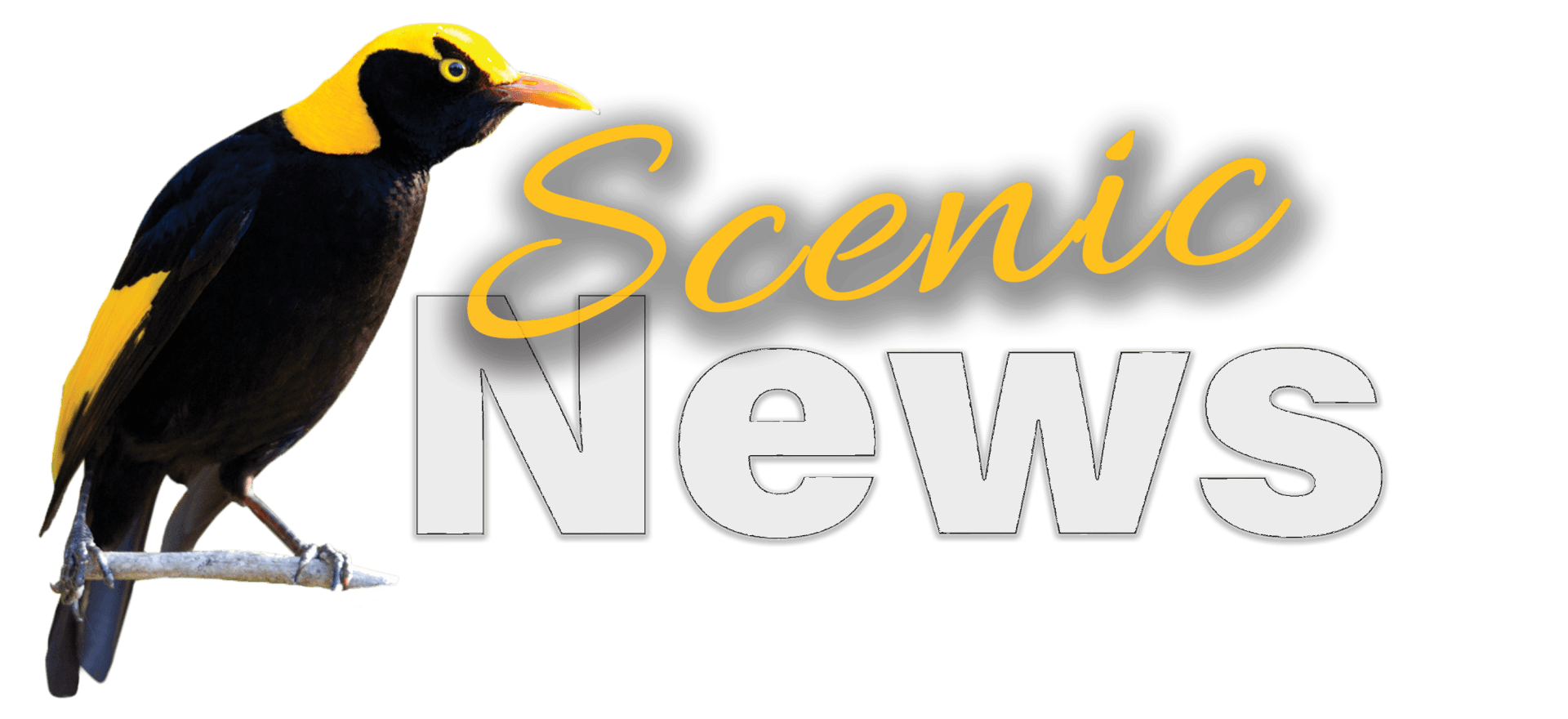
Your Local Paper
to read, keep & share
CONTACT
PO Box 118, North Tamborine Qld 4272
Phone: 0407 671 286
Email:
news@tmnews.com.au
ads@tmnews.com.au
Design by BjornSchmal.com


